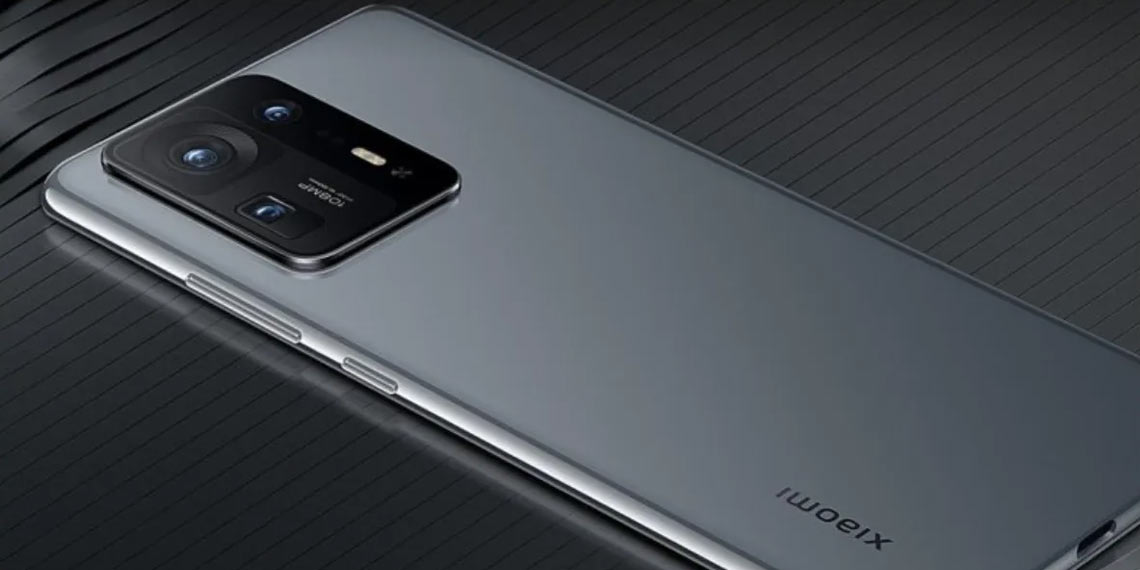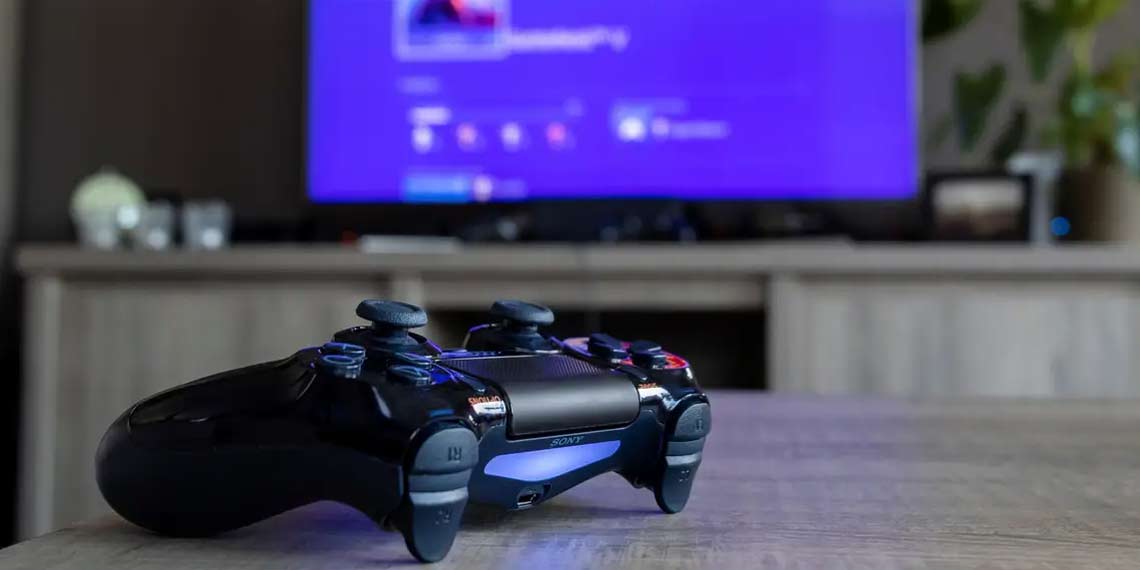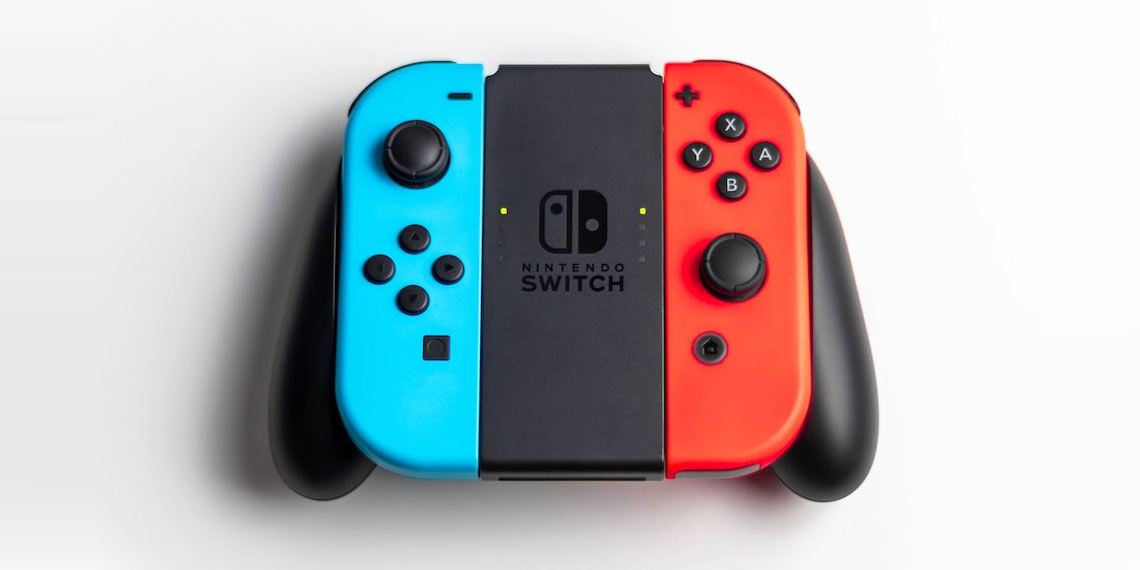In the world of gaming, the right hardware can make or break your experience. Whether you're a casual gamer or a hardcore enthusiast,
investing in a gaming PC requires careful consideration to ensure you get the best bang for your buck. Here are some key factors to keep in mind when purchasing a gaming PC:
Budget
Determine your budget upfront. Gaming PCs come in a wide range of prices, so knowing how much you're willing to spend will help narrow down your options.
Performance
Consider the performance you need based on the types of games you play. If you're into competitive esports titles, you'll want a PC with high frame rates and low latency. On the other hand, if you prefer graphically demanding AAA games, you'll need a PC with powerful components to handle them smoothly.
Graphics Card (GPU)
The GPU is arguably the most important component of a gaming PC. It's responsible for rendering graphics and directly impacts gaming performance. Look for a GPU from reputable brands like NVIDIA or AMD, and consider models with ample VRAM for better performance at higher resolutions.
Processor (CPU)
The CPU is the brain of your gaming PC and plays a crucial role in overall system performance. Aim for a CPU with multiple cores and high clock speeds, preferably from Intel or AMD Ryzen series, to handle gaming and multitasking efficiently.
RAM
Random Access Memory (RAM) is essential for smooth gaming performance, especially in demanding titles and multitasking scenarios. While 8GB of RAM is sufficient for casual gaming, consider upgrading to 16GB or more for optimal performance in modern games.
Storage
Choose between Solid State Drives (SSDs) and Hard Disk Drives (HDDs) based on your budget and storage needs. SSDs offer faster boot times and game-loading speeds, while HDDs provide larger storage capacities at a lower cost. Consider a combination of both for the best of both worlds.
Form Factor
Decide whether you want a pre-built desktop, a custom-built PC, or a gaming laptop. Desktops offer more customization options and better upgradeability, while laptops provide portability at the cost of limited upgradability.
Cooling
Proper cooling is crucial to prevent overheating and maintain optimal performance, especially during long gaming sessions. Look for PCs with efficient cooling solutions like liquid cooling or large heatsinks.
Peripherals
Don't forget about peripherals like monitors, keyboards, mice, and headsets when budgeting for your gaming setup. Invest in high-quality peripherals for a more immersive gaming experience.
Warranty and Support
Check the warranty and support options provided by the manufacturer or retailer. A solid warranty can offer peace of mind and protection against potential hardware failures.
Reviews and Recommendations
Research thoroughly, read reviews, and seek recommendations from experienced gamers or tech enthusiasts before making a purchase. User feedback can provide valuable insights into the performance and reliability of different gaming PCs.
By keeping these key considerations in mind, you can make an informed decision and choose a gaming PC that meets your needs and budget, ensuring a rewarding gaming experience for years to come.












